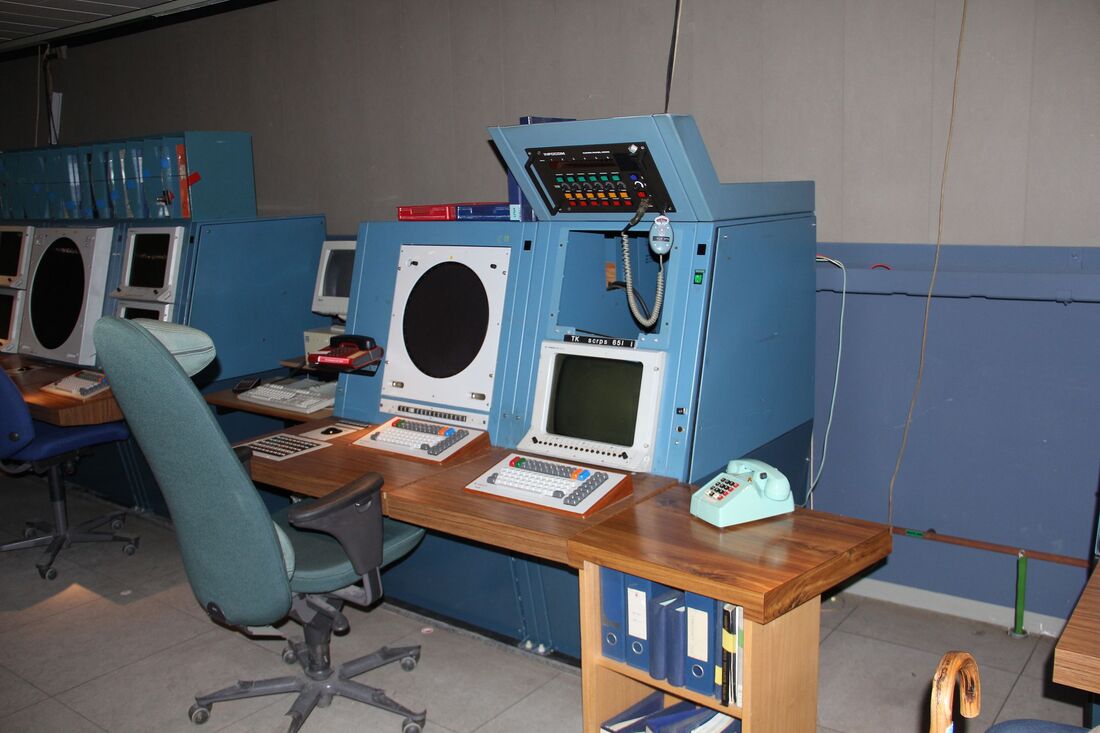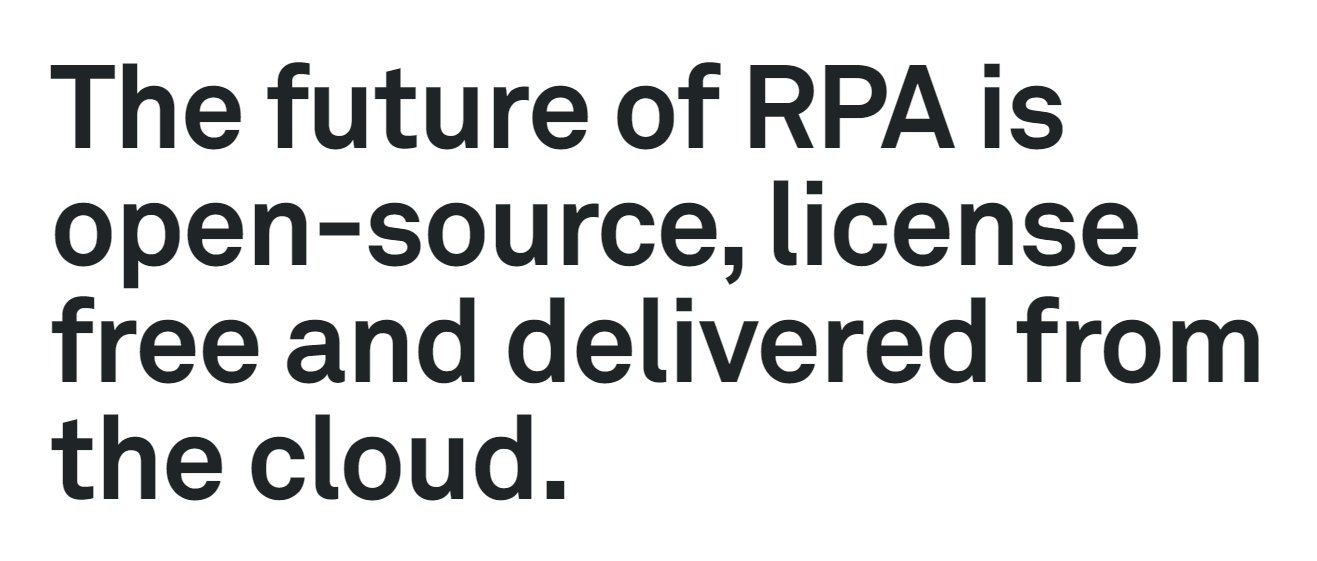|
One could easily think that IT and digitization are somehow the same thing – or at least support one other. The corporate reality is that it is sometimes the opposite. It is often the legacy IT and the IT department that are the obstacle to new digital models. Is there any way to get traditional IT and digitization to work together or do we need total disruption to change things? Legacy IT systems have been built to support processes and operating models that were dominant when the original systems or architectures were designed. It generally happened before truly digital companies began to emerge. By digital companies I mean companies that are built on digital data, data-oriented processes and models built on digital customer experience. We can see that companies such as Google, Uber and Amazon are examples of really digital companies. A former bank executive said to me recently that “he hasn’t invested in bank shares for years and at the bank he felt like he was sitting on a time bomb with core legacy IT systems.” He said that everyone knows they cannot continue like that for long, but it is scary to start to replace systems where most people have their money. New systems might offer better services for lower costs but he is not brave enough to take those steps, because something might go wrong. New regulation, for example GDPR and PSD2 in Europe, have demonstrated how hard it is to live in the digital era with legacy IT systems. For example, banks should be able to provide data to their customers, but how they do it is not very modern. An executive from another bank told me how they employ someone to manually collect data on an Excel sheet, when someone asks to get his or her data, and then email it to the client. This is very different from the big public talks about open API banking. In practice we have also seen that IT departments are typically very skeptical about accepting any new systems, even though top management and business leaders would like them to. Someone could say they are conservative and against change but there are also very practical reasons for this. They have a hard time managing the existing systems and typically it has been hard to get the legacy systems to talk to each other. Each new system has meant expensive system integration projects. Generally, it is hard for incumbent companies to change and change their operating models. That’s why disruption has happened in many industries and new companies have emerged to kill the old companies. In some cases, the old companies have survived, but most of the new business has gone to the new players (for example media companies, telco carriers and bricks and mortar retailers). But are there some ways to make the transition. There are no simple solutions, certainly no miracles, but we can suggest some things that can help:
That said, there are some softer ways to handle the technological change, but even with those models it is fundamental to keep the focus on customer value, not on internal development. Your focus must not be to develop IT, but your customer value and experience. The articles first appeared on Disruptive.Asia. Cold war era command center (Photo: Wikipedia).
Over the past year, Robocorp has been quietly building open-source tools and a cloud-native platform with the vision of making Robotic Process Automation (RPA) more easily accessible to any company and not just the giant corporations on the Fortune 1000 who benefit from it today.
Today, Robocorp announced it has raised $5.6 million in our first round of institutional funding, led by Benchmark, with participation from Slow Ventures, firstminute Capital, Bret Taylor, President and Chief Product Officer of Salesforce and co-creator of Google Maps, and Rob Bearden, CEO of Docker. Additionally, Benchmark’s Peter Fenton – who has backed numerous successful open source companies from JBoss (acquired by Red Hat), to SpringSource & Zimbra (both acquired by VMware), to Elastic (IPO'd last year) – is joining the board of directors. With the new funding, Robocorp is now ready to accelerate its growth and take the next step toward democratizing RPA. The RPA industry has seen incredible growth in just the past 2-3 years, with large corporations already benefiting from the automation of millions of routine business tasks, ranging from onboarding new employees to processing insurance claims. But for all the benefits RPA has brought to businesses, it has only been able to help a sliver of the market due to the prohibitively high costs associated with these proprietary tools and the lack of a proper developer ecosystem. Ultimately, Robocorp's goal isn’t to just disrupt the RPA tool market, but instead it wants to create a whole new industry that they call robosourcing. Currently, companies looking to gain efficiency and cut costs outsource functions to low-cost regions around the world. In the near future, what will happen is that instead of transferring this work to remote regions, companies will employ robot developers who will automate the work in-house instead. Outsourcing work to robots, or robosourcing, will be a driving force to increase efficiency, reduce errors, improve employee satisfaction, and deliver better customer experience. Looking ahead to what’s next, with this new funding the company is expanding its operations by tripling its workforce to scale the vision of an open-source RPA ecosystem by creating tools that developers across the world will use to automate tasks. This is a great opportunity to participate in one of the most interesting and fastest-growing enterprise software market at the moment. Robocorp is also hiring people to help it grow the developer ecosystem and create content around the open-source RPA ecosystem. Read more at Robocorp web site. See open positions at Robocorp. |
AboutEst. 2009 Grow VC Group is building truly global digital businesses. The focus is especially on digitization, data and fintech services. We have very hands-on approach to build businesses and we always want to make them global, scale-up and have the real entrepreneurial spirit. Download
Research Report 1/2018: Distributed Technologies - Changing Finance and the Internet Research Report 1/2017: Machines, Asia And Fintech: Rise of Globalization and Protectionism as a Consequence Fintech Hybrid Finance Whitepaper Fintech And Digital Finance Insight & Vision Whitepaper Learn More About Our Companies: Archives
January 2023
Categories |






 RSS Feed
RSS Feed
